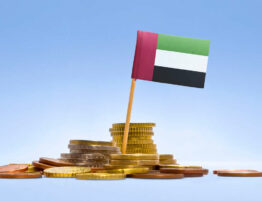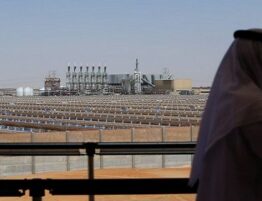The UAE system is characterized by the existence of a favourable tax regime aimed at drawing foreign investments to the country.
The local tax year goes from 1 January to 31 December. In general up to now no value added tax, nor withholding tax have been provided. Taxation on business activities will soon be introduced with a 3% tax rate. However, such financial measure has been postponed to 2017, in agreement with the other States of the GCC.
Corporate tax is regulated in different ways according to the specific legislation in force in each single Emirate, always referring to the national legislation. The tax is generally applicable to the net profit produced by all the bodies and companies which carry out commercial or industrial activities in the UAE, including branches and sub-offices of foreign companies.
There is no taxation on income of natural persons, not even as withholding tax. Despite this, it should be noted that businesses who avail themselves of local citizens (i.e. UAE passport holders) are compelled to pay them a quota of their salary, in different percentages depending on whether they are public (15%) or private employers (12,5%), to be paid in special pension funds.
Lastly, the sectors which are taxed in the United Arab Emirates are the oil & gas, banking-financing and hotel sectors. Therefore, it does not come as a surprise if the UAE are still considered by the Italian tax system ‒even though with some limitations‒ among the countries with a privileged tax regime.
(Bologna Office – Linda Tontodonati – 0039(0)51 2750020).








